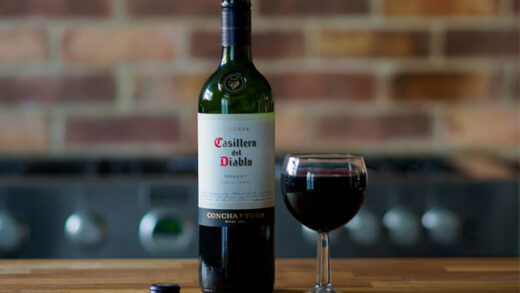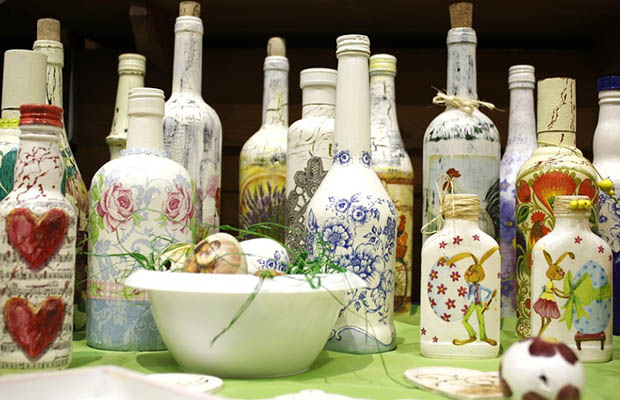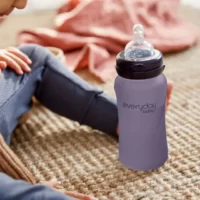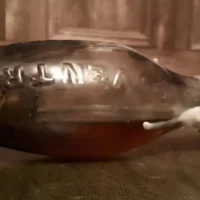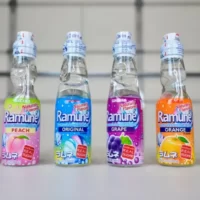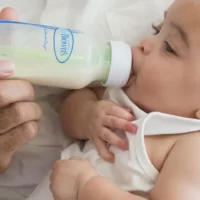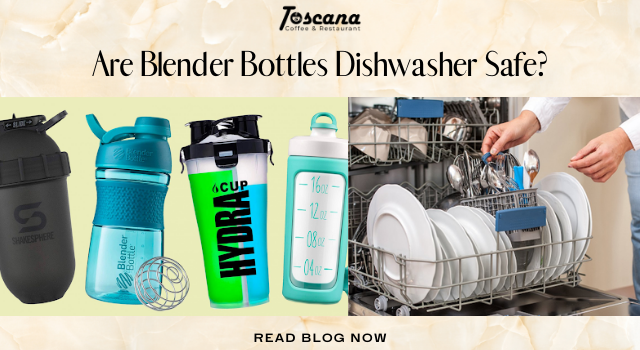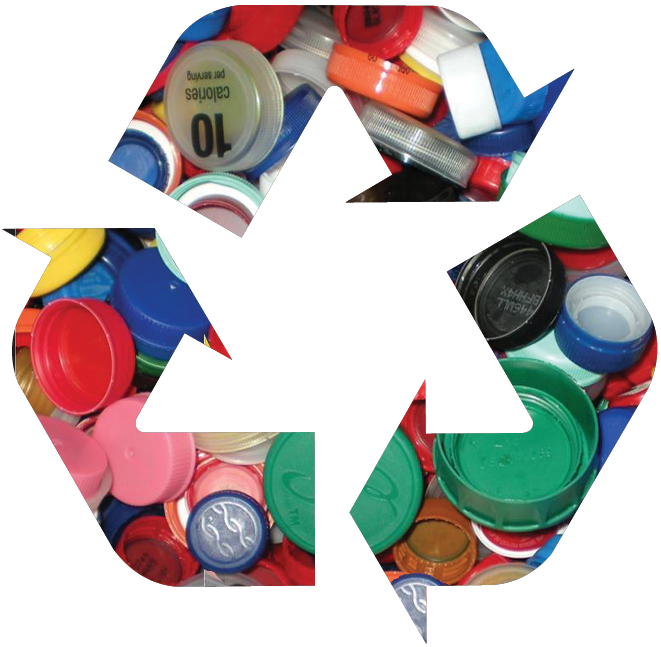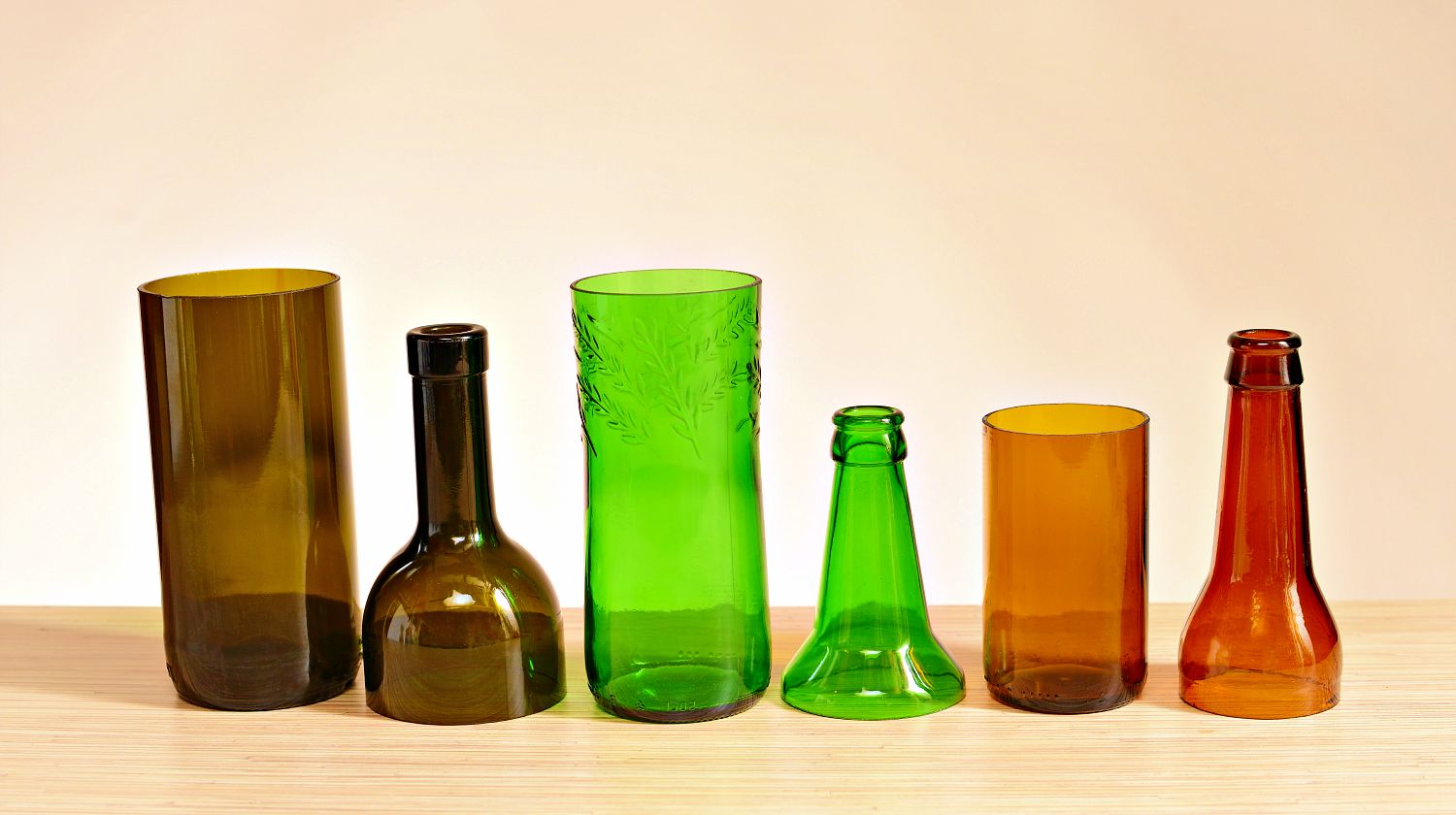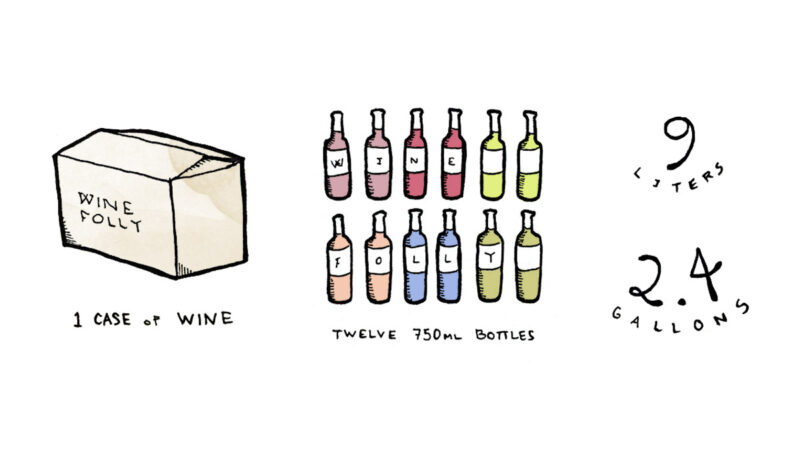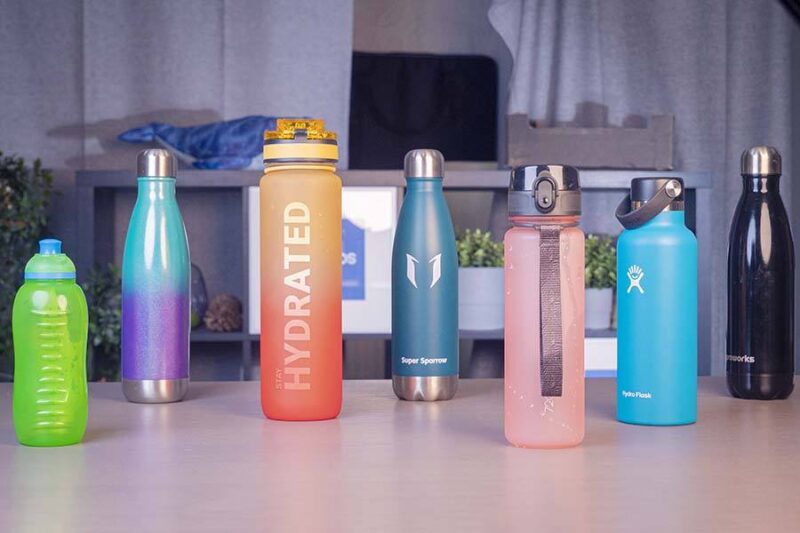Some babies develop the fine motor skills needed to hold a bottle and reach their goals as early as 6 months. For others, it will be closer to 10 months. The only way to tell if your baby can handle a bottle on his own is to hand him one and watch what happens. This article will answer you in detail about how old babies start holding their own bottles.
Table of Contents
When Do Babies Start Holding Their Own Bottle?
Your child may be able to complete this task at around 6 months, possibly after 10 months, but don’t be surprised if she doesn’t meet the criteria. Every baby develops on a different schedule, so there is no one answer to when babies should feed themselves.
You can even choose not to take the bottle at all – maybe because she’s content to let her caregiver feed her, or she didn’t get a chance to try it!
Signs Baby Is Ready To Hold Their Bottles

If your baby hasn’t been born yet, don’t worry—their coordination may be fine. Every baby is different. But if you observe these signs, get ready to pat your free hand happily, because standalone bottled water (or drinking from a cup, you might want to start encouraging it) is on its way.
- Your child can sit by himself
- Sitting, your child can balance while playing with toys
- Your baby reaches for and picks up things while sitting
- Your baby reaches for (age-appropriate) food, you hand it to them and deliver it to their mouth
- Your child will put their hands or hands on the bottle or cup when you feed them
Do Babys Have To Hold Their Own Bottle?
When your baby is holding their own bottle, they will demonstrate important skills including “crossing the midline,” or reaching from side to side with their hands or feet.
But some babies especially breastfed babies, never do it through a bottle, and that’s okay. There are other ways to develop and practice this skill.
For example, a breastfed baby may jump straight from breastfeeding to drinking from a cup on his own at around age 1, using the same skills.
That doesn’t mean they didn’t have this skill before. Other tasks include crossing the midline, such as picking up objects on the non-dominant side of the body with the dominant hand or lifting toys to the mouth.
What If My Baby Isn’t Holding Her Bottle?
Your baby’s personality and preferences can be a factor here. Is your baby happy to let you lift weights, or is she still struggling to achieve some developmental milestones she needs to master?
If it’s the latter, it’s worth talking to your pediatrician to make sure everything is alright, but she may prefer you to take the lead.
Can My Baby Be Left Alone With Her Bottle
Do not let your child bottle-feed without supervision, even if she is able to hold the bottle without any support. You’ll want to stay with her, not only to keep her from starting to choke but for the chance to bond the two of you together. Feeding time is your chance to do this.
If you have multiple caregivers in your bottle-fed baby’s life, the American Academy of Pediatrics (AAP) recommends changing the person in charge of feeding to help both parties bond. These precious moments you spend together now will promote healthy social development and support her emotional health in the long run.
How To Encourage My Baby To Hold Her Own Bottle
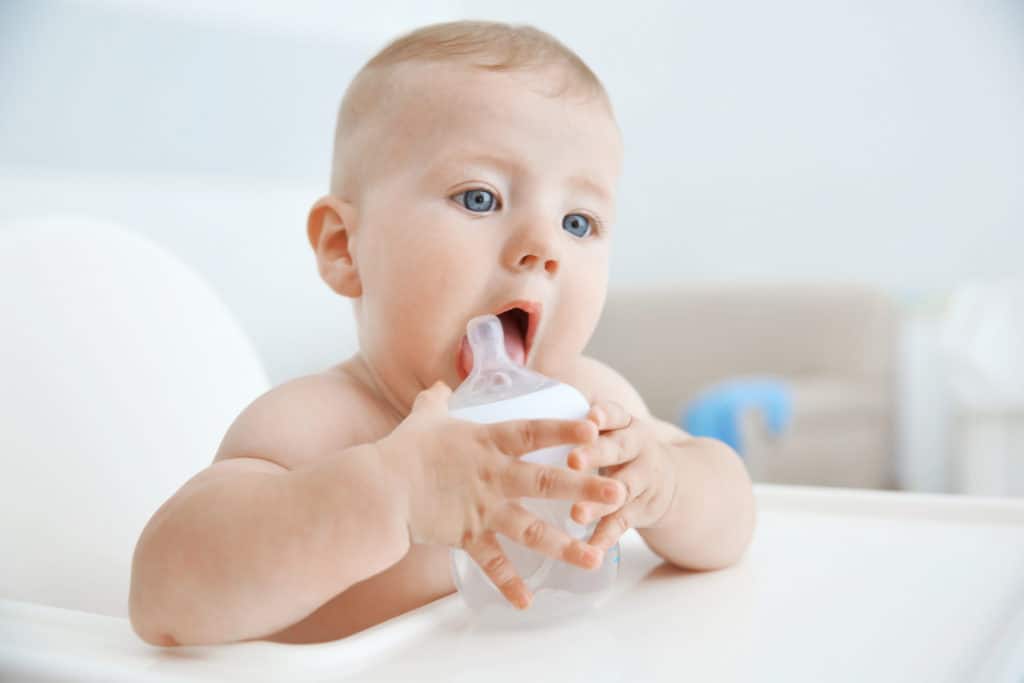
As most parents know, when and where babies do what babies want.
But if you want to gently encourage your child to give mom a hand (literally), you can try:
- Demonstrate hand-to-mouth movements by removing baby safety items such as teeth and bringing them from floor level to the baby’s mouth.
- Buy easy-to-grip bottles or sippy cups with handles (babies need to hold the bottle with both hands, at least initially).
- Put their hand on the bottle, put your hand on it, and guide the bottle into their mouth
- Spend a lot of time developing your baby’s strength, such as through abdominal exercises.
Before feeding, your baby should sit on her own as this should be a more upright position. Abdominal time will also help them gain core strength for this skill, and you can also encourage them to sit on your lap.
But also think carefully about whether you want the baby to hold the bottle by itself, for the reasons we’ve already said.
Focus more on feeding your baby on their own, teaching them how to drink from a cup (sipping or regular) in a high chair, while continuing to be a bottle feeder, another way to encourage independence and teach them skills method.
Precautions To Keep In Mind
- Remember, the bottle is for feeding, not comfort or sleep. Giving your baby a bottle (or even milk in a tumbler) to hold and then moving on to other things may not be a healthy practice.
- Do not put your child and the bottle in the crib. While they may be very happy to sleep with a drink, it’s not a good idea to go to dreamland with a bottle of wine. Milk can collect around teeth, causing cavities in the long term and choking in the short term.
Instead, feed your child before they go to bed (or have them watch with your eyes) and gently wipe the milk off their gums and teeth. If the difficulty in getting them to sleep without a nipple in their mouth is real, use a pacifier.
- If your baby still can’t hold her own bottle, resist the temptation to not hold the bottle with anything. We know how important it is to have two hands, but it’s never a good idea to let your baby do it unsupervised. In addition to choking, it puts them at greater risk of overeating.
Placing your baby in the crib, holding the bottle, and supporting the bottle with your hands may also increase the risk of ear infections, especially if your baby is lying down.
The Takeaway
Just when it seems like your baby will never take the initiative to hold her own bottle, this happens and you wonder why you spend so much time thinking.
In the meantime, be patient and try to help them by:
- Put their hand on the bottle, even if you’re still holding it.
- When their hands are positioned correctly, release them once in a while.
Most importantly, your baby will eventually learn to do it at her own pace.


